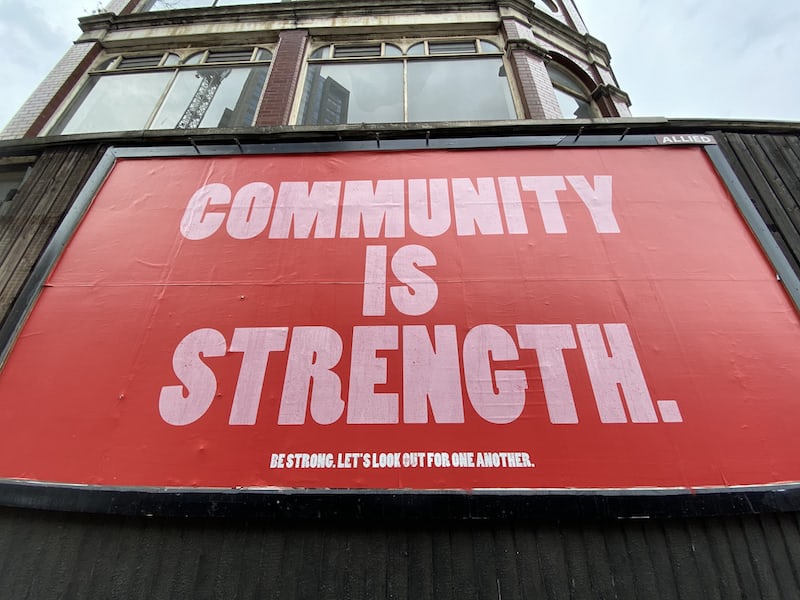Maternal mental health is a crucial aspect of the well-being of both mothers and their children. However, for many individuals from Black, Indigenous, and People of Color (BIPOC) communities, discussing and addressing mental health concerns during pregnancy and postpartum remains shrouded in stigma. In order to foster a supportive environment, it is essential to break down these barriers and encourage open conversations about BIPOC maternal mental health.
The Stigma Surrounding BIPOC Maternal Mental Health
Historically, mental health topics have been stigmatized across various communities, often leading to a reluctance to seek help. BIPOC individuals, in particular, may face unique challenges due to cultural stigmas, systemic disparities, and the intersectionality of their identities. Cultural expectations, discrimination, and socio-economic factors can contribute to the suppression of mental health discussions, leaving many BIPOC mothers feeling isolated and unsupported.

Addressing Cultural Sensitivity
Breaking the stigma begins with recognizing and respecting cultural nuances. Understanding that mental health experiences can be shaped by one’s cultural background is essential. Healthcare providers and support networks must be culturally competent and aware of the diverse perspectives within BIPOC communities. By tailoring support services to the unique needs of different cultures, we can create an inclusive environment that promotes mental well-being.
Systemic Disparities and Access to Care
BIPOC individuals often face systemic barriers to accessing mental health care, including limited resources, unequal distribution of services, and discriminatory practices within healthcare systems. Advocacy for equitable access to mental health resources is crucial to ensuring that all mothers, regardless of their racial or ethnic background, have the support they need. This includes increasing awareness of available services, addressing economic disparities, and dismantling systemic obstacles that hinder access to care.
Empowering Through Education
Education is a powerful tool in dismantling stigma. Promoting awareness about BIPOC maternal mental health, normalizing conversations, and providing resources for self-education can empower individuals to seek help without fear of judgment. Cultivating a culture of understanding within communities is key to fostering a supportive environment where mental health is prioritized and valued.

The Role of Community Support
Building strong community support networks is essential for breaking down the stigma surrounding maternal mental health. Encouraging open dialogues within families, friend circles, and community organizations can create a safety net for BIPOC mothers. Support groups specifically tailored to cultural needs can offer a space for sharing experiences, providing empathy, and reinforcing the idea that seeking mental health support is a sign of strength.
Breaking the stigma and seeking support for BIPOC maternal mental health is a collective responsibility. By addressing cultural sensitivities, advocating for equitable access to care, promoting education, and fostering community support, we can create an environment where BIPOC mothers feel empowered to prioritize their mental well-being. It’s time to embrace a holistic approach that recognizes the unique challenges faced by BIPOC communities and works towards building a future where mental health is a shared priority for all.









